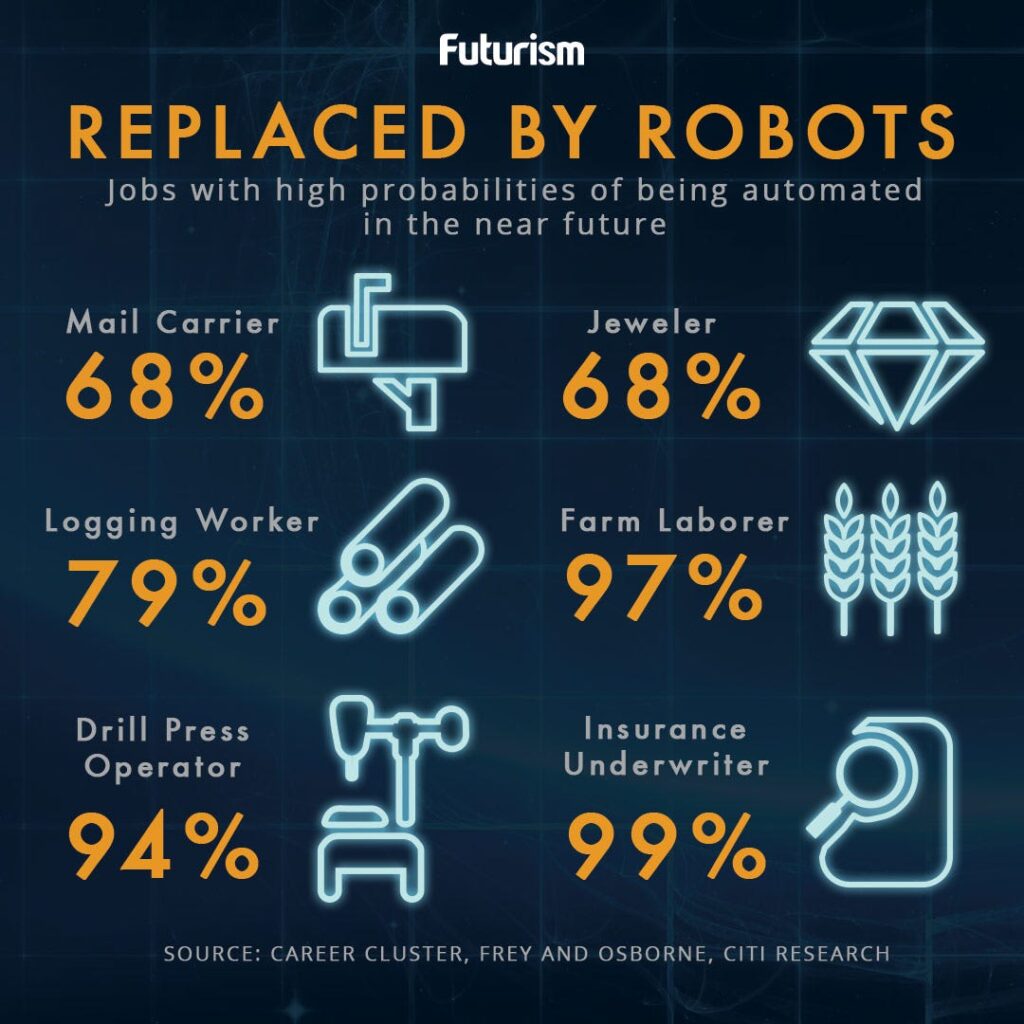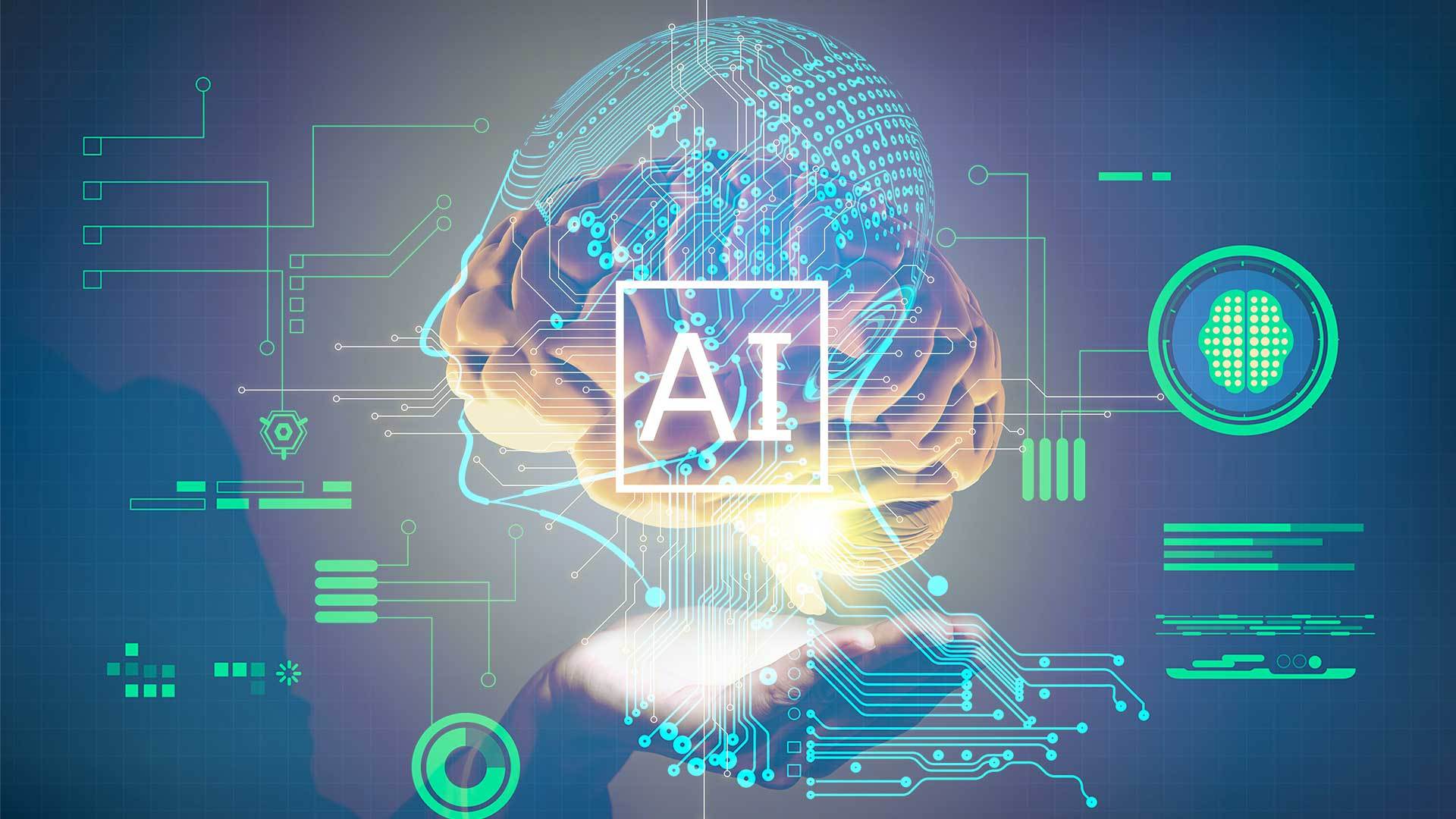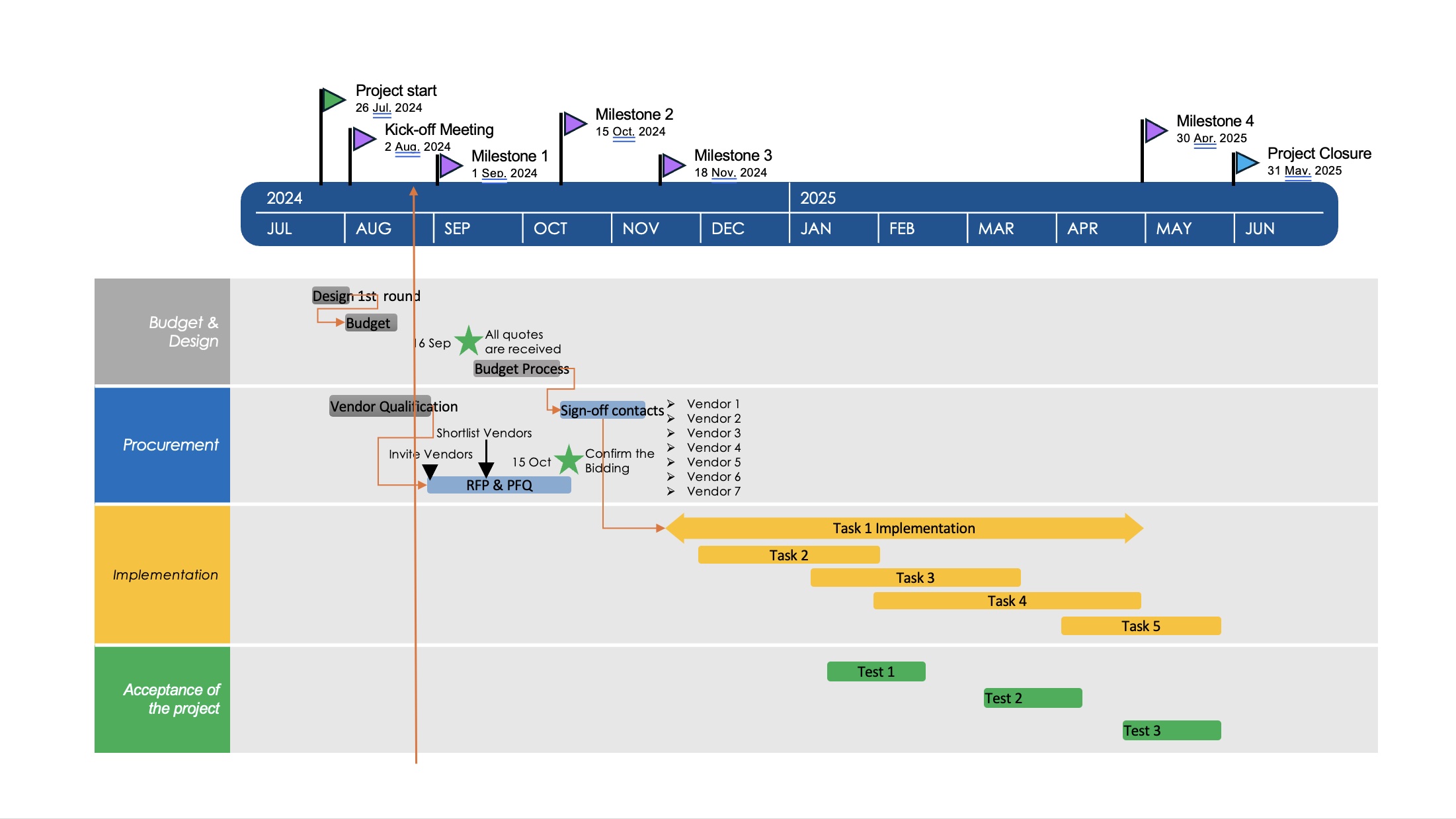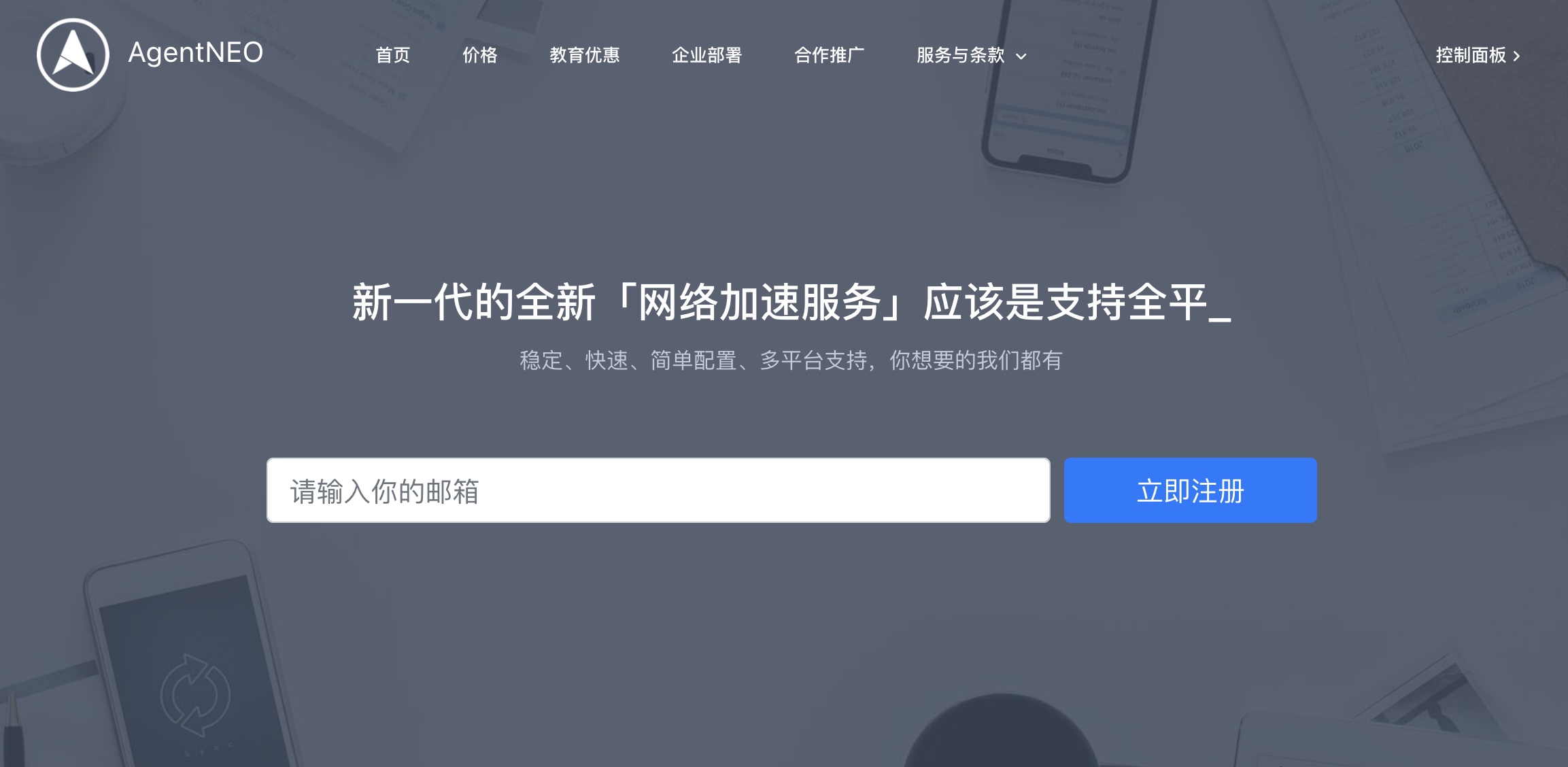A recent AI survey conducted by PwC revealed that a quarter of companies participated in the survey, an 18 percent increase compared to last year. The remaining 54% of other companies are growing rapidly. Part of the reason is that they’ve all seen AI play out in the COVID-19 crisis. Most companies have already started adopting AI because of its significant benefits. As a result, the number of AI applications is increasing.
Therefore, AI engineers constantly find new ways to adapt to the latest technological trends.
Let’s dig in and discover where the AI job market is headed in the coming 5 years.
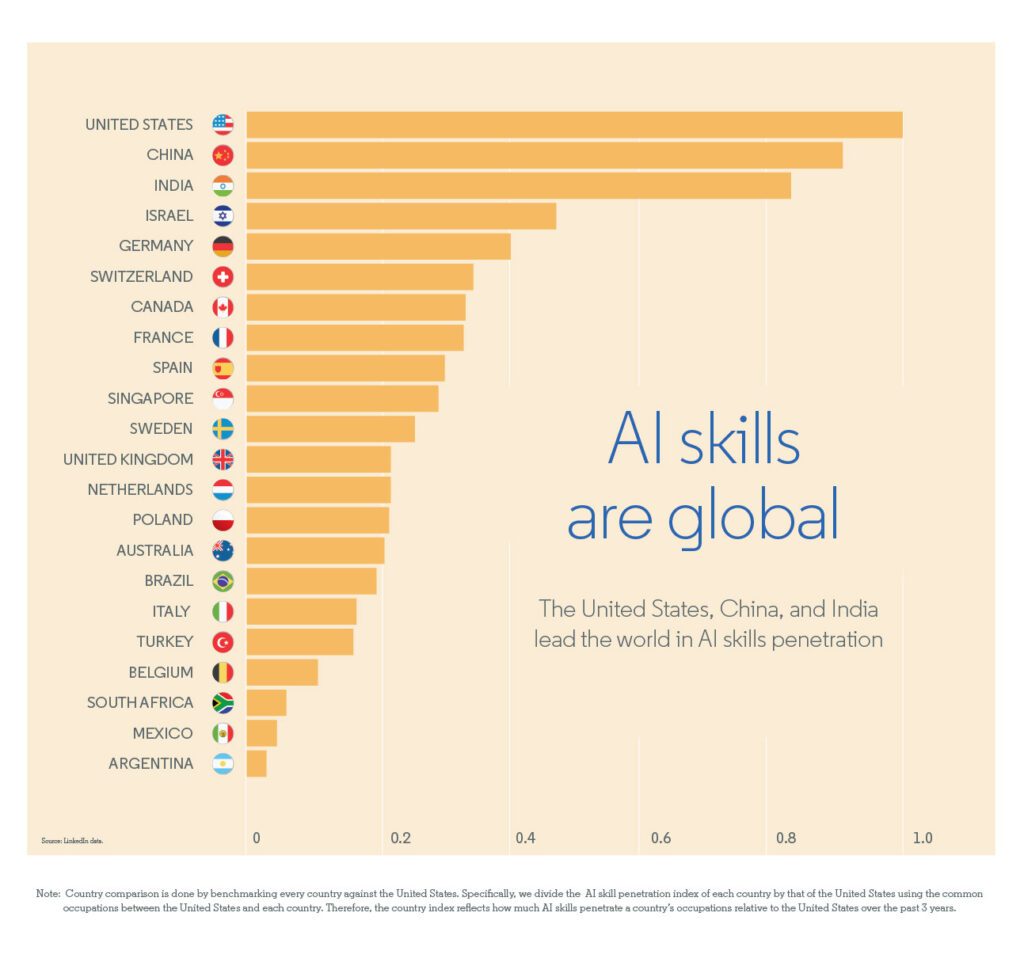
According to Burning Glass Technologies, IT automation, artificial intelligence, and machine learning are the two main technology jobs with the highest premiums in 2021.
- IT Automation USD 24,969
- Artificial Intelligence and Machine Learning USD 14,175
The average premium salary for other tech jobs ranges from $4,204 to nearly $25,000.
Startups valued at $1 billion or more are 33 percent more likely to employ one or more technology jobs in their new hiring plans compared to their Fortune 100-based competitors.
Analysis: How did they do it?
With the help of AI-based technology, the research firm considered approximately 17,000 unique skills listed in the database from more than 1 billion historical job listings. The research further focuses on skills that are likely to develop more quickly.
The study also demonstrates how valuable acquiring these skills can be for businesses.
Main AI job skills AI engineers need to start preparing for the following jobs:
1. DevOps
Professional specialists with DevOps skills will be the most marketable skills in 2021.
About 634,600 job openings will be available in North America, according to the Burning Glass Technologies analysis. Employers said at least one disrupted skill area would be emphasized, out of 1,714,483 jobs, and each skill would see a growth of 17%. Technology professionals can choose from a variety of options for their professional development programs.
2. AI and Machine Learning
Both artificial intelligence and machine learning skills are starting to spread as the most sought-after job skills in the technology industry.
Important factors leading to growth in technical skills include:
- Improving business models for speed and balance amid a pandemic.
- Control remote operations to improve compliance-related issues.
- Gain better visibility into system-wide service costs to ensure accurate financial reporting.
AI and machine learning skills are expected to grow at a CAGR of 71% through 2025. The current job openings in these two fields are said to be around 197,810 with a premium of $14,175.
Key positions include:
- Data Scientist
- Data Engineer
- Senior Data Scientist
- Software Developer
- Network Architect
- Network Engineer
- AI engineer
The primary industries looking to hire specialists for a given position are professional services, finance and insurance, IT, retail trade, and manufacturing.
3. Internet Technology or the Internet of Things (IoT)
Most businesses now view skills in connected technology (also known as IoT) as an important skill factor. Technology is everywhere, affecting the way we talk, work, or interact with others.
As organizations look to take advantage of IoT, the need for field skills is bound to increase.
Specialists in this field can choose positions in 2021. Some of the emerging trends to watch this year include – Predictive Maintenance, Augmented Role of Data Analytics, Connectivity, Evolving IoT Applications, Workforce Management, Digital Twins, Blockchain, Demand for Smart Homes, Data Processing at the Edge, and security.
4. Cloud technology
As Forrester predicts, the global public cloud infrastructure market will grow to $120 billion, growing approximately 35% by the end of 2021.
As a result, the cloud is helping businesses adopt new standards with its technology. With employees expecting to stay home even in 2021, every company will be more agile, responsive, and adaptable.
Here’s how cloud computing will help businesses:
- Demand for cloud-native will accelerate as containers and serverless continues to heat up.
- As every enterprise begins to move to the public cloud, most on-premises disaster recovery operations will face.
- Hyperscale public markets return to hypergrowth.
